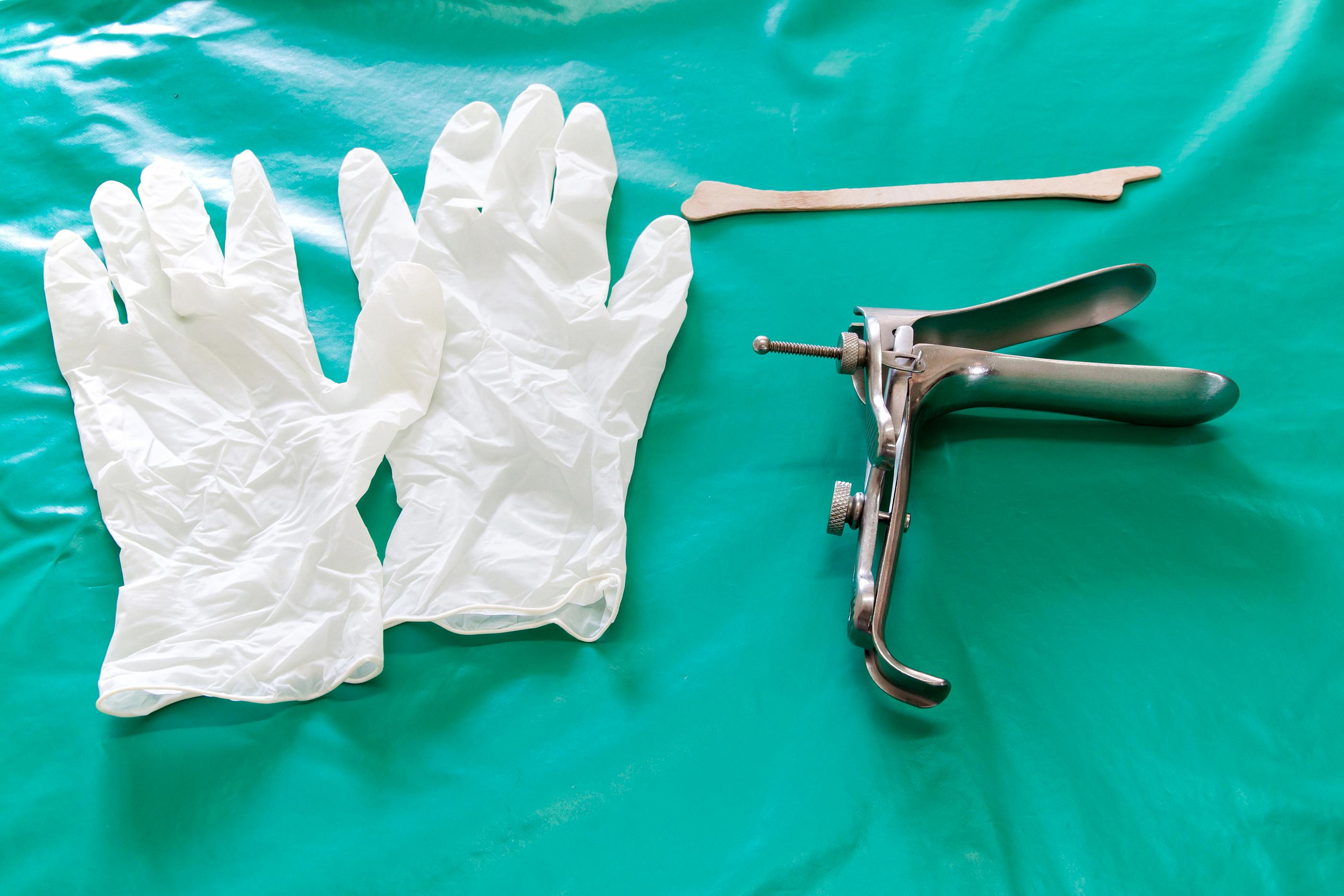A Pap smear is an important part of your annual healthcare routine that can help detect any changes in your cervix, preventing cancer and other serious health risks. It’s an easy and painless procedure, but some women may experience mild to moderate cramping afterwards.
Cramping after a pap smear is perfectly normal and should not be cause for concern. The cramping is usually caused by the insertion of the speculum during the exam, which can stretch the tissue of the cervix. It is similar to – though usually less intense than – period cramps, and usually lasts for 1-2 days after the test. Some women may also experience light bleeding or spotting afterwards, which is also normal and nothing to worry about.
It’s understandable if you feel anxious or nervous before your pap smear – especially if it’s your first time – but there are steps you can take to make sure you have a comfortable experience. Try taking an ibuprofen or other over-the-counter pain reliever about 30 minutes before your appointment, as this can help reduce any potential discomfort. You should also wear comfortable clothes that don’t constrict movement during the exam, such as loose-fitting pants and a shirt that can be easily pulled up or down. Additionally, it’s helpful to enter the exam room with an open mind and remain relaxed throughout the entire process.
If your cramping after a pap smear is more than mild or lasts longer than two days, it’s best to contact your healthcare provider for further evaluation. They may also recommend lifestyle changes such as drinking more water, getting regular exercise, getting enough sleep each night, avoiding caffeine and alcohol before your exams, or using a heating pad to soothe any remaining discomfort.
Overall, cramps after a Pap smear are completely normal – but if they bcome severe or last longer than two days after your exam, be sure to contact your healthcare provider right away for further evaluation.
Duration of Cramping Following a Pap Smear
Cramping after a Pap smear usually lasts anywhere from 1-2 days. It is normal to experience mild cramping during the procedure, and some people may experience more intense cramping that can be similar to or worse than menstrual cramps. Generally, the level of discomfort experienced during and after the procedure should be manageable with over-the-counter pain medication. However, if you are experiencing severe pain or cramping that lasts longer than two days after the Pap smear, it is important to contact your doctor for further evaluation.

Source: advancedgynecology.com
Normalcy of Cramps Three Days After Pap Smear
Yes, it is normal to have cramping and/or light bleeding for a couple of days after a pap test (smear). This is usually mild, but can vary from person to person. It’s also normal to experience some discomfort during the pelvic exam, which can last for a few days afterwards. If you’re experiencing severe or prolonged cramping or bleeding more than a few days after your exam, it’s important to contact your healthcare provider for further assessment.
Normalcy of Cramping After a Pelvic Exam
Yes, it is normal to experience cramping after a pelvic exam. This is because the exam involves inserting a speculum into the vagina, which can cause some mild discomfort. Additionally, certain maneuvers that are conducted during the exam may cause your uterus to contract, resulting in cramping. Most of the time this cramping is mild and should dissipate shortly after the exam. If you experience severe or prolonged cramping, contact your healthcare provider for further assistance.
Can Pap Smear Cause Pain in the Ovaries?
Yes, your ovaries can hurt after a Pap smear. This is because during a Pap smear, your doctor will insert a speculum into your vagina in order to get a better view of the cervix. This can sometimes cause pressure or discomfort in the area of your ovaries. The sensation typically passes quickly and is not usually very severe. If you experience any pain that lasts longer than a few minutes or is particularly severe, you should contact your doctor.
Can Pap Smear Tests Trigger Menstruation?
No, a Pap smear should not trigger a period. A Pap smear is a test used to look for abnormal cells on the cervix, which can be an early warning sign of cervical cancer. During the procedure, two tools are used to take a sample of cells from the cervix: a spatula and a cytobrush. The cytobrush looks like a mascara brush and is used to scrape cells that are then tested in a lab. It’s important to note that while some women may experience light spotting or cramping after their Pap smear, it should not case them to have their period and any changes in menstrual flow should be discussed with your doctor.

Source: self.com
Managing Pain After a Pap Smear
Pain relief after a Pap smear can be achieved through several methods. Taking ibuprofen, or any other non-steroidal anti-inflammatory drug (NSAID) can help reduce cramping. A hot water bottle placed on the lower abdomen can also help soothe cramps. Other home remedies may include applying a heating pad, taking a warm bath or shower, drinking chamomile or ginger tea, or massaging your abdomen in a circular motion. If the pain is severe or accompanied by heavy bleeding, contact your provider right away.
Conclusion
In conclusion, it is normal to experience some mild cramping during and after a pap smear. However, if you experience severe cramping or pain, contact your healthcare provider. While the discomfort should not be painful, it is important to take note of any abnormal feelings during or after the exam. By recognizing these symptoms, you can ensure that any potential issues are addressed quickly and appropriately.
